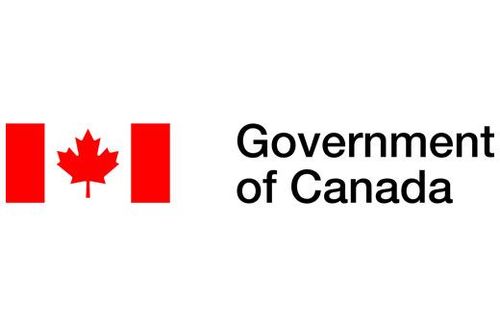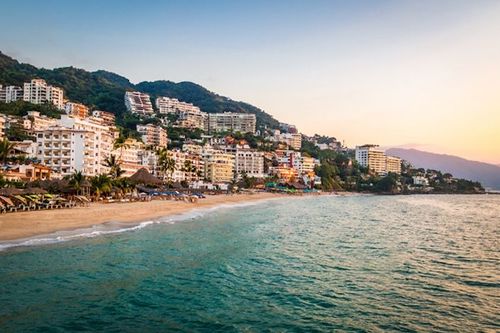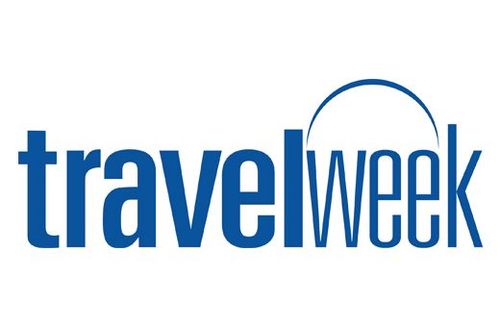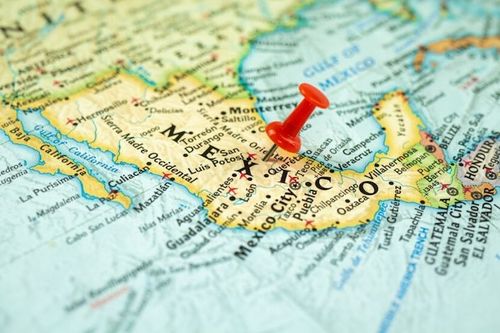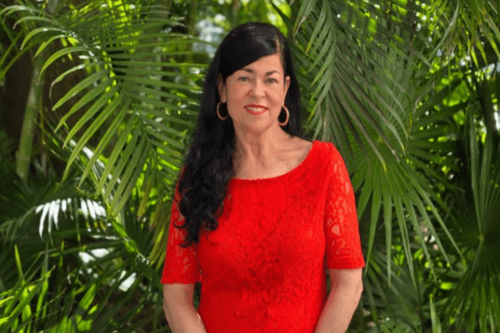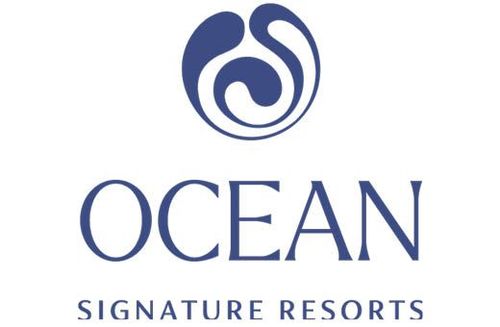Where travel agents earn, learn and save!
News / What Canadians need to know about consular services, with helpful links and more
The federal government’s Global Affairs Canada has a list of tips and resources that travel advisors – and anyone working in the travel industry – should have in their back pocket for unprecedented times
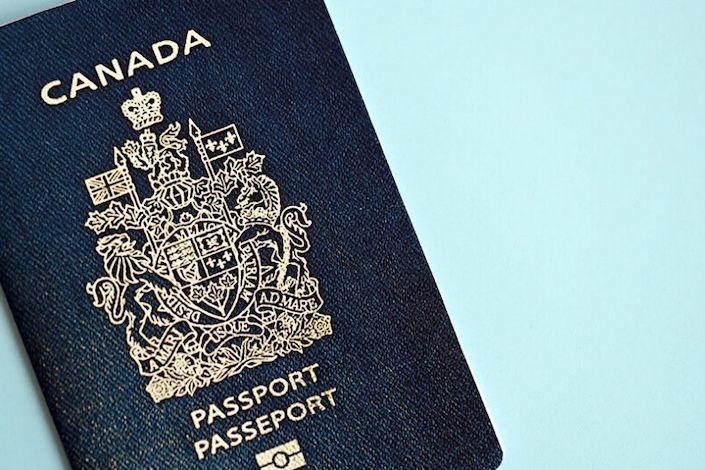
For any client’s trip, the thrill of adventure may also come with uncertainty and, in rare cases, emergencies while abroad.
How best can you advise your clients when the unthinkable happens?
The federal government’s Global Affairs Canada has a list of tips and resources that travel advisors – and anyone working in the travel industry – should have in their back pocket for unprecedented times.
As Global Affairs Canada notes, “Consular services are what Canadian officers at 260 points of service around the world can do to help you while you’re outside Canada. You can also reach consular services through the 24/7 Emergency Watch and Response Centre in Ottawa. Canadians love to travel, and most of the time they come home happy and healthy. If things go wrong during a trip, though, they can reach out to Canadian officers abroad for help.”
The department notes that most commonly, consular officers help Canadian travellers with everything from replacing a passport, to notarizing documents, to voting in Canadian elections while abroad.
“You may, however, find yourself in need of more complicated assistance, such as during a medical emergency, finding a missing friend or relative or understanding the local law,” says Global Affairs Canada. “In case of a medical emergency, Canadian officers can give you a list of local doctors and hospitals, but it’s important to remember that they can’t cover medical expenses or provide medical services.”
They add: “If you are arrested in another country, Canadian consular officers can provide you with a list of lawyers and general information on the local legal and prison systems.”
There’s even this helpful info from Claudie, one of Canada’s consular officers: “We approach each meeting with an intention to help but are limited in what we can do, being in countries with different sets of laws, customs and socio-legal systems. I think it’s important for Canadians to understand that our role is to assist and guide them – but not act on their behalf.”
Specifically, officials can’t post bail, give legal advice or pay legal fees. They also can’t get Canadians out of a foreign prison. “It’s very important for Canadian citizens to understand that each country’s legal system is different and that we cannot change another country’s laws, how they are applied or how lawyers will work to defend them,” says Claudie.
“Each situation is unique and has certain circumstances that Canadian officers need to consider. They will do what they can within the limits of local laws and regulations, and as outlined in the Canadian Consular Services Charter.”
And here’s another important note: “Canadian consular officers are highly professional and committed individuals who aim to provide the best advice and service possible, but at the end of the day, there are limits to what consular services they can provide, and you may have to pay for some of them.
“Before travelling, you should know the contact information for the Government of Canada office closest to your destination, read the Travel Advice and Advisories for your destination and sign up for the free Registration of Canadians Abroad service, so that consular officers can reach you in case of emergency.”
Travel advisors and their clients are invited to visit travel.gc.ca for more information, including …
- About consular services – What are Canadian consular services?
- Canadian Consular Services Charter
- Registration of Canadians Abroad service
- Embassies and consulates by destination
- https://travel.gc.ca/assistance/emergency-assistance
Source: Travelweek



